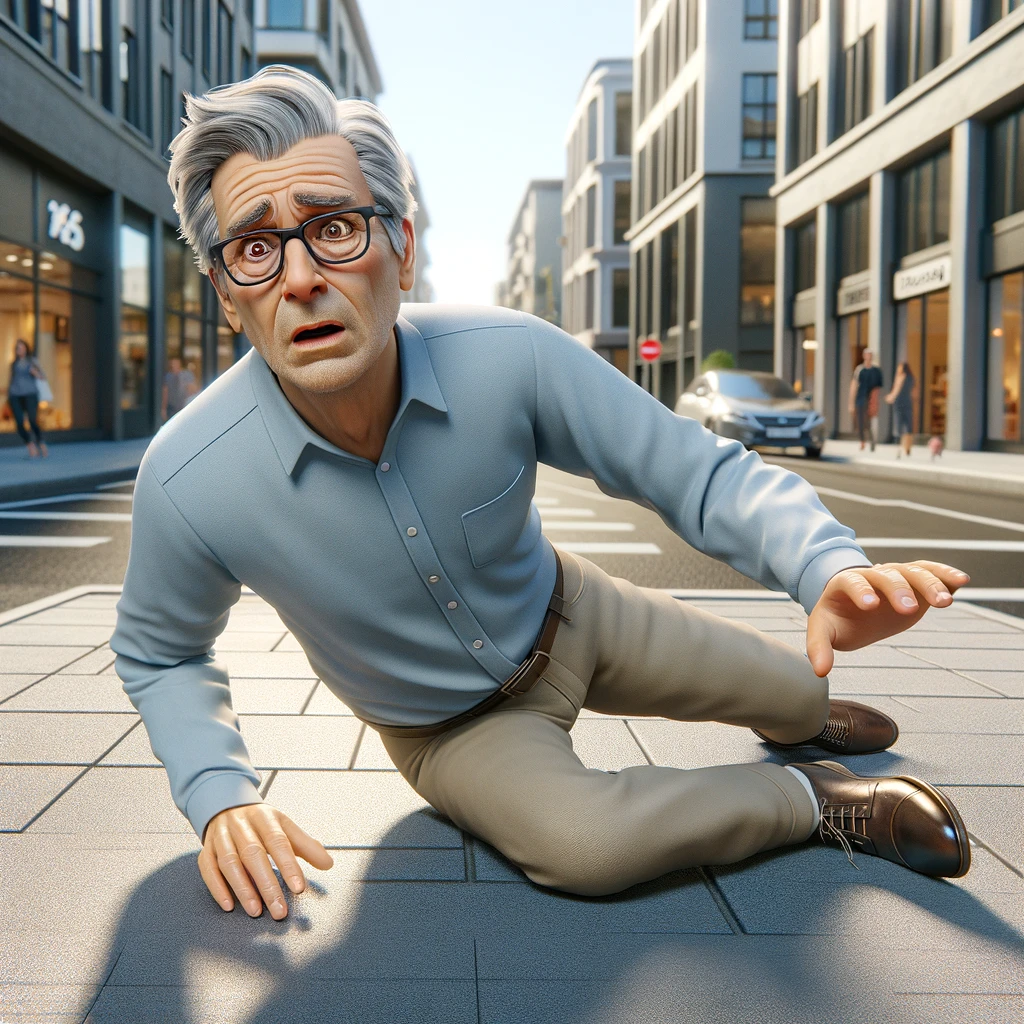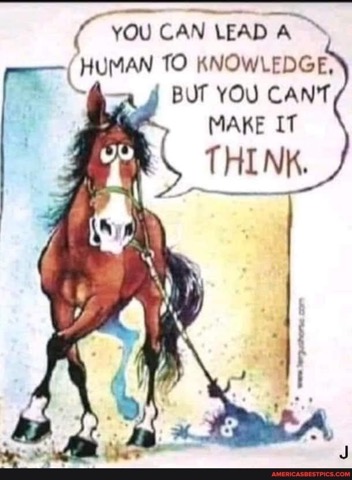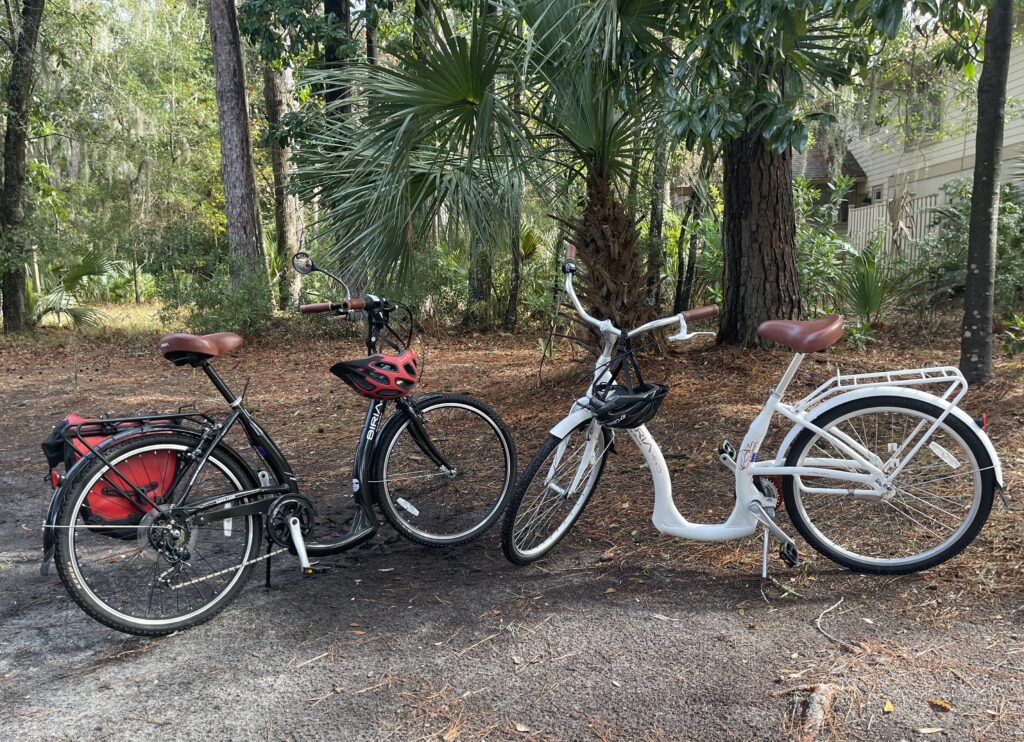
Not too long ago I decided to spend my lunch break from the clinic by taking a walk around downtown. It was a beautiful day. It was warm, the sun was shining, and the sky was bright blue. I just started my walk when I thought I heard tires squealing behind me. I looked over my shoulder and as soon as I did, I felt my foot catch on a piece of broken concrete, and I went down hard. Fortunately, I fell right in front of my office and even more fortunately I work for the ambulance authority. Within minutes I was surrounded by paramedics and a nurse practitioner who made sure I was well taken care of. My CELLULAR watch also helped save the day. I’ll talk more about my experience later in this post but now I’d like to talk about falling in general.
Those of us of a certain age have gotten used to having every visit to any type of medical appointment include the question: “Have you fallen recently?” Even though I know the reason for this, it still annoys me. They always assume older folks are going to fall. (I think I’ve told you before, I preferred to use the term older folks or even old geezers for that matter but, I refused to be labeled as elderly.)
It’s been estimated that over 25% of older adults fall each year but probably less than half of those will report the incident to their health care provider. Once you’ve fallen your risk doubles that you will fall again. As we advance in age, falls become the leading cause of both fatal and non-fatal injuries.
Chronic medical conditions such as diabetes and heart disease can increase our risk of falling by affecting our blood pressure and causing dizziness. Some of the medications we take can have the same side effects. Also, older folks are less likely to eat or drink adequately leaving them more susceptible to dehydration and fainting. If these things are happening to you, it’s important to let your doctor know so together you come up with a plan to protect yourself.
Environmental factors also play a critical role in falls. Common hazards include loose rugs, wet floors, uneven surfaces, curbs, icy sidewalks, and dropped objects. As I found out, what would have been a simple stumble with a quick recovery when I was younger became a hard fall.
So why is that? As we age arthritis can cause stiffness in our joints which slows our reaction time. Loss of muscle mass and with it decreased core strength make it harder for us to maintain and regain our balance. Changing eyesight makes it difficult to tell where objects are in relationship to one another. As we get older, we tend to shuffle or drag our feet when we walk making us more susceptible to the uneven surfaces. I know that’s one of my major problems.
There are many resources people can use to reduce their risk of falling. I’m sure you all know about them: strength exercises, flexibility and balance classes, and regular stretching can be very helpful. There are many websites that tell you how to fall-proof your home and workspace. And of course, everyone should get a regular checkup to make sure that they don’t have undiagnosed health problems.
Now, I want to tell you about the one thing that I thought was very important for me in my fall. I’ve always been a gadget guy. A few years ago, I decided to get an Apple Watch. I like the idea of being able to get a weather report, check my e-mail, check my texts, check my calendar, and answer the phone all from my wrist. And, because I am a gadget guy, I got the one with cellular capability. I never really expected to make use of it, I just thought it seemed neat.
As competitive as the smart watch market is, I’m sure they all have similar capabilities. I’m not an expert on any of the others, but I do know about the Apple Watch, and I’d like to tell you about it. The watch comes with a fall alert and SOS system. If you fall like I did, you immediately get a notice on your phone that says it looks like you’ve had a hard fall, to which you can either respond “yes send help”, or “no I’m fine”. If you respond yes, it sends your GPS coordinates to 911. If you respond no, it asks if you’re sure, to which you again respond that you are sure and then that’s the end of it. If you do not respond at all or the watch detects you aren’t moving, it waits a few seconds and then sends your GPS coordinates to 911. I know a lot of people are concerned about technology tracking them. Well, I’m glad it does.
And now back to being a gadget guy. This is where the cellular option paid off for me. The SOS fall protection system only works when your phone and watch are in range of one another. You can only make calls from your watch when they were in range as well. Unless, you have a cellular capable watch which works independently.
I know most people think they won’t go anywhere with their watch without their phone. Well, that’s what I thought. But that day, I inadvertently left my phone on my desk. And when I fell, I couldn’t get up. I told my watch not to send my information to 911 because I was right in front of the ambulance authority. I called into the office and very quickly had all the help I could ever want. But if I had not had a cellular capable watch I would either have had to crawl into the office or lay there on the sidewalk until somebody stopped to help me. Which someone did almost immediately. So, there are Good Samaritans in Charleston.
So, my bottom-line recommendation to you is to get a smart watch, whatever type you prefer, and make sure it has cellular capability. Don’t do anything including housework, yard work, or even taking a walk at lunch that may have any risk of a fall without having your smart watch with you. As I found out, the risk of falling is greater than you think. I wish I were getting compensation for pitching this technology.









More Fun With AI
By John Turley
On May 17, 2024
In Commentary
In my previous post Fun With AI, I talked about how much I enjoy DALL-E, the ChatGPT image generator. But that’s only a small part of ChatGPT, although it is the most fun part.
So, what is ChatGPT? I’ll let ChatGPT explain in its own words: “ChatGPT is an advanced artificial intelligence language model developed by OpenAI, based on the GPT (Generative Pre-trained Transformer) architecture. It processes and generates text by predicting the likelihood of a word sequence, enabling it to perform a wide range of tasks, from holding conversations to writing articles and answering queries. Its training involved analyzing vast amounts of text data, which helps it understand context and nuances in language.”
I hope that’s clearer to you than it is to me. But what I do know is it’s been very helpful to me. I’m just going to go over a few of the things for which I use ChatGPT.
I first started using ChatGPT as a research assistant. I asked it to find me articles about specific topics and suggest references and lines of inquiry. It’s not a substitute for detailed individual research but it is a head start in the right direction. Although you do have to check some of its research because it occasionally gets it wrong or cites outdated material.
One of the things where I have found ChatGPT to be very good is finding quotations on multiple topics. Sometimes it can be difficult to locate specific applicable quotes. (Does anyone else remember Bartlett’s Familiar Quotations?) Again, you must double check the results. Occasionally it will attribute the quote to someone who was referencing the original author.
I’ve also found ChatGPT to be useful in generating title ideas. I’ll ask it to give me 10 suggested titles on a specific subject. While I’ve not used any of the titles exactly, they have formed the basis for developing my own specific titles.
I also use ChatGPT in my genealogy work. Occasionally when researching old records, I’ll find documents that are written in foreign languages or church records written in Latin. Previously I’d used Google translate but found that to be somewhat onerous. ChatGPT translation is quick and easy. I just cut and paste the text into ChatGPT and ask for a translation. You don’t even need to tell it the original language.
I also use ChatGPT as an editing aid. I ask it to review my articles for grammar, readability, and content. ChatGPT has let me know that I frequently use too many adverbs and don’t always get in enough commas. This is a simple process. I take my completed article and paste it in the ChatGPT and ask it to give me an edit.
There are other features that I haven’t used in ChatGPT because I don’t really understand them. One of them is helping with search engine optimization. Apparently, this is a way of ensuring that people searching for topics on the internet can find your website instead of others. While I haven’t taken time to investigate this, I guess I could just ask ChatGPT to explain it to me.
ChatGPT also has a strong program for developing interactive content. This hasn’t been something I’ve been interested in, so I haven’t explored it.
It has the capability to analyze and summarize large amounts of data. I’m hoping to use this at some point to help me with census analysis in my genealogy work. I just haven’t taken the time to develop that ability yet.
I found ChatGPT to be especially useful when I work on this blog. I spend a lot less time on Google. I get more focused searches with ChatGPT, but I do need to be more careful in reviewing the results. The image generation function has expanded my ability to illustrate my blogs. I don’t have to go searching for images in the public domain or worry about licensing fees. I just generate my own images.
There have been a lot of concerns recently about the “dark side” of artificial intelligence. There are plenty of articles in the popular press and I’m not going to dwell on it here. (ChatGPT can generate you a list of as many articles as you would like.)
I just want to express one concern that I have. I worry that it may make me lazy. I may decide not to do my own research, not to read and analyze the available information, and not to spend the time organizing and writing my articles.
I may just tell ChatGPT to generate an article about the use of ChatGPT for writing a blog. Or maybe I already did!?!
Just because I have so much fun with the image generator, I want to share a few of the other images I generated to illustrate this post.